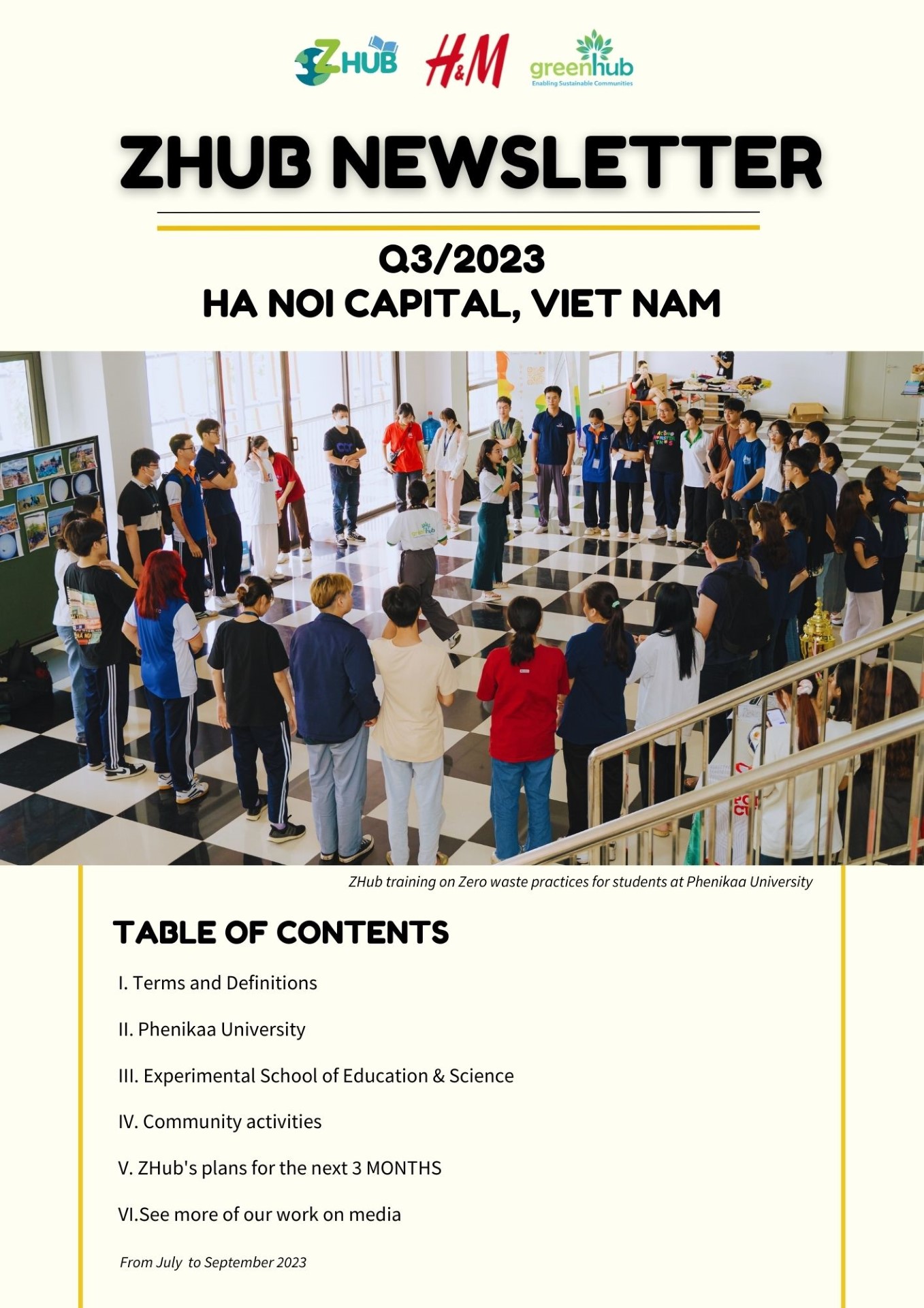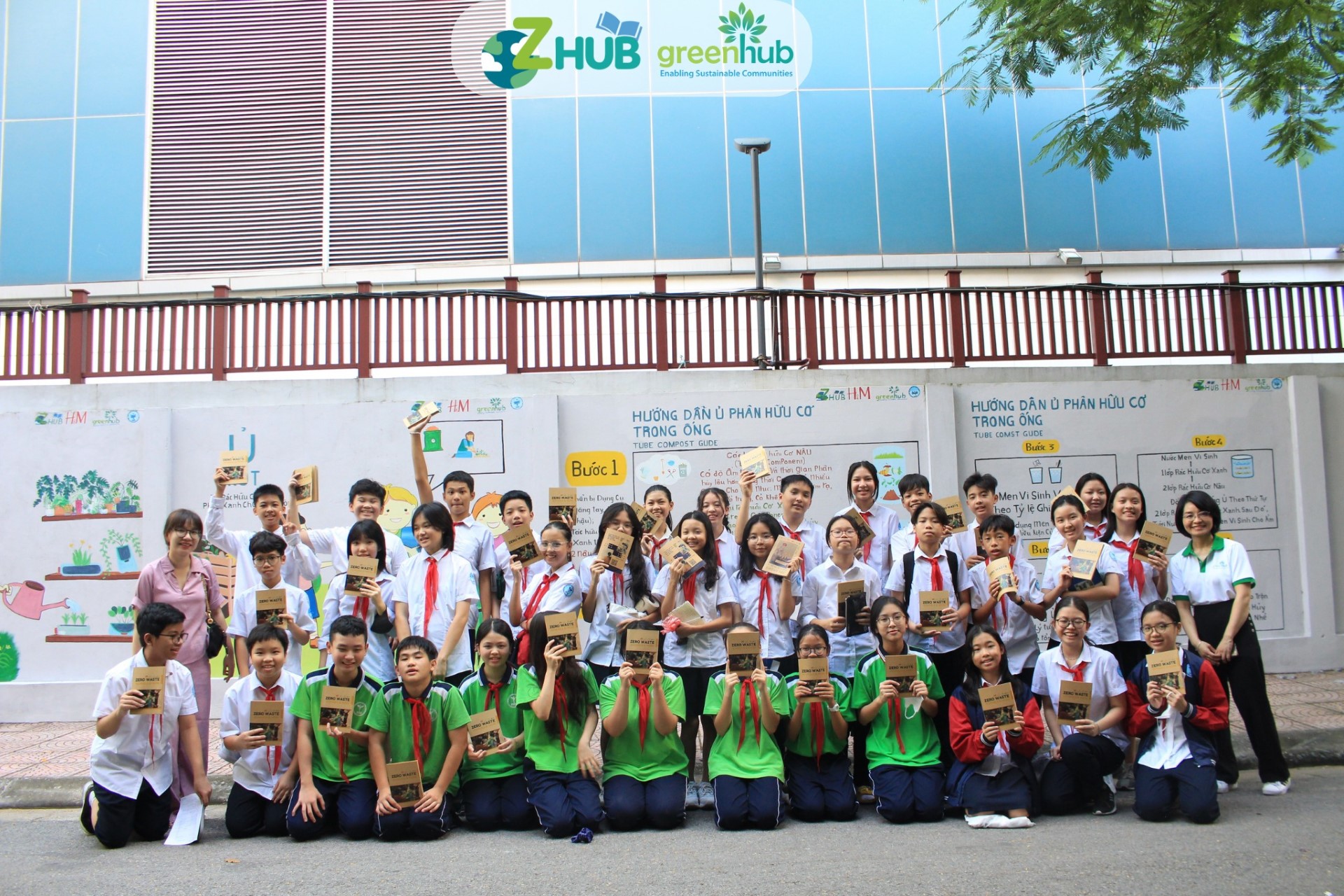
Like every other profession, Agriculture is no exception to the impacts of COVID-19. As a result, the global product supply chain is broken, farmers are the most vulnerable, followed by small production facilities and even export businesses. According to the Food and Agriculture Organization of the United Nations (FAO), COVID-19 is affecting agriculture in two important aspects: food supply and demand.
Overall, food demand has fallen slightly worldwide due to uncertainty and people’s ability to spend. The situation will likely get worse if the pandemic continues for a long time due to falling incomes and job losses.
To adapt to the difficulty of the epidemic season, people are starting with more sustainable self-sufficiency in food to compensate for the shortfall in supply.
Learn more about the state of the agriculture industry during COVID-19 and how those in the industry have weathered it?

Food supply is an area that has been strongly impacted by COVID. Because many people cannot access abundant food sources, due to the shutdown of supermarkets, factories, and labor shortages on farms. In addition, people also limit trading activities to ensure safety against epidemics.
Furthermore, the issue of food security is also a concern that needs an immediate solution. The Food and Agriculture Organization of the United Nations (FAO) predicts that a food crisis is imminent and is likely to affect all sectors of the Food industry.

There is an unexpected bright side that is more evident during the COVID pandemic around the world: people are showing an interest in more sustainable and self-sufficient food due to the food supply shortage. That is the rise of the permaculture agricultural production movement.

To revive the economy and society during the COVID pandemic, funds from The Lion’s Share initiative, led by UNDP and a coalition of businesses and United Nations partners, have provided aid to a number of countries for: The Permaculture Garden Project and Reducing Human-elephant Conflict with Chili Fences in Namibia; Project Beekeeping & Permaculture in South Africa; Permaculture agricultural training project in Nepal; Project on Sustainable Agricultural Knowledge and Natural Medicinal Plants to support Achuar indigenous communities in the Amazon rainforest of Ecuador; Project on permaculture agriculture and restoration of local production in Nepal.

In Africa, during the COVID pandemic, there are also encouraging cases. In Swaziland, the Guba Permaculture Center has been increasing production of produce sustaining during the current crisis. In Sierra Leone, the Single Leg Amputee Sports Association is establishing a 10-acre permaculture garden, supported by Lush.
In Asia, at a Peaceful Location Training Center in Pati, Indonesia, children’s activities such as playing, working and outdoor gardening have continued during the pandemic thanks to the Plan Permaculture farming is supported by Australian Friends, Paula and Ian Paananen.
And there are plenty of permaculture movements during the pandemic, too. Those movements are not only limited to production activities, but also extend to educational activities for particularly children and the community in general.
——-
Reference source:
1.http://www.scielo.org.pe/scielo.php…
2.https://independentaustralia.net/…/covid-19-pandemic…
3.https://www.undp.org/…/The_Lions_Share_provides…
4.https://www.worldpackers.com/search/asia/type_permaculture
5.https://wagingnonviolence.org/…/how-permaculture-can…/
6.https://sustainablefoodtrust.org/…/the-shadow-of-covid…/
——–
The article is in the category Long Reading Deep Understanding: Change for Plastic. Read, understand and spread good values with GreenHub.


